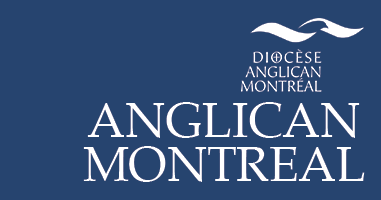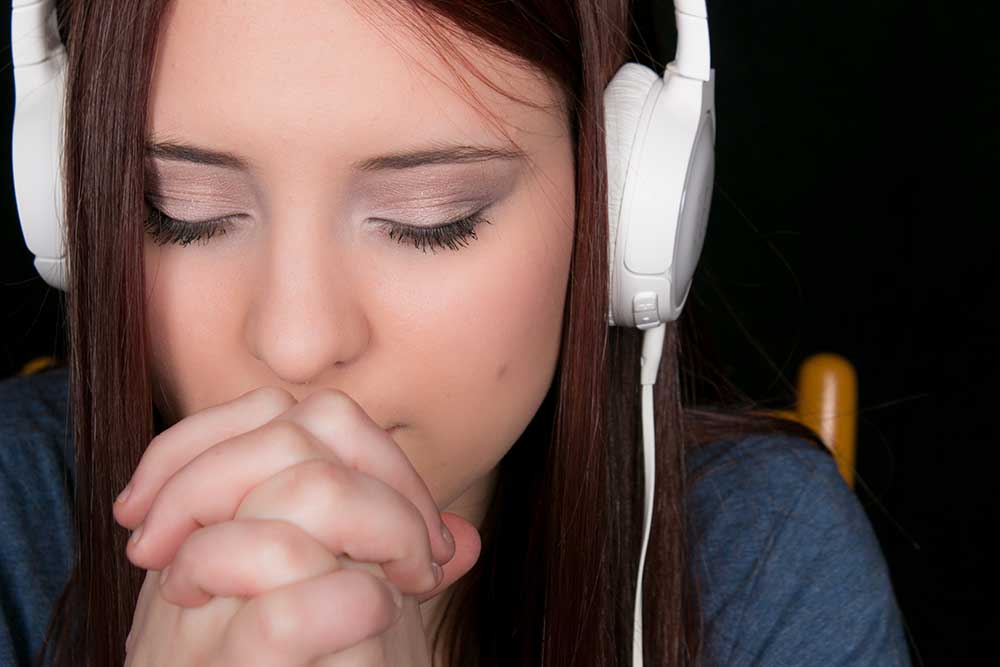One of the most powerful things we can do to change the world is to listen.
Too often during conversations, when one person is speaking the other is already forming their response. True listening allows us to hear the stories of another, to understand and know them and their experience.
The last week of September was a powerful one for us as a Diocese and as a country.
On the Monday our Supper Club watched the Pray Away documentary that addresses reparative therapy for gay, lesbian and trans people.
As the week of National Indigenous Reconciliation, it was a focal point for us all to address difficult truths about the history of white settlement in this country and the experience of Indigenous Peoples both historically and in present.
During the weekend our Anti-Racism task force hosted Dr Myrna Lashley for a powerful workshop: Confronting the past, Looking to the Future.
On Monday, September 27th, members of our Supper Club gathered to watch the documentary Pray Away which told the stories of gay people who went through reparative therapy to try to “cure” them of their sexual orientation and turn them straight, under the umbrella of Exodus International, the now closed ex-gay ministry.
It is a harrowing film to watch. In it we hear the stories of how many people’s lives were affected by a pseudo-psychological approach mixed with spirituality to help “heal” people but which caused deep suffering. At its core was the admission by many of the leaders of Exodus International that it was all based on lies: they themselves admitted they had not found that their sexual orientation changed.
Yet they continued to promote their ministry in ways that deeply affected those who were involved. But the power of this documentary lies in the stories that were told by the victims themselves. Painful stories that need to be acknowledged.
There has been a lot of argument about this in the wider Church for many years. But sometimes these are the stories we need to hear which silence the arguing and help us treat one another as human.
On Tuesday, in honour of Truth & Reconciliation, we hosted two Indigenous priests, Norm Wesley and Rosalyn Elm on Pew & Beyond. Both had removed their collars in response to the news of mass graves at residential schools.
Norm decided that for him the best response was to consider himself to have given up his priesthood. Rosalyn did not take that view but saw the removal of her collar as a sign of the misused authority it represented.
Norm wove together a tapestry of stories of past injustice perpetrated against his forbearers with ongoing injustice being experienced now, today, by members of his own family.
We wonder why people are bitter, but if the past is not acknowledged and the present remains the same, surely bitterness is the correct response. This was the first time I had heard the past and the present brought together like that.
Rosalyn spoke prophetically about actions we could take to bring healing. She said we should sell our Cathedral and come and worship with them. She laid out a beautiful vision of all our children playing together. I found that compelling.
On Friday and Saturday our Diocesan family held the anti-racism workshop with Dr Myrna Lashley. A powerful advocate, she challenged all of us to confront our own complicity in racisim and racist structures.
In addition to her teaching, one of the things I found most powerful was hearing the stories of ongoing racism experienced by members of our diocesan family. I found this powerful and unsettling because we are all one big family in our Diocese and many of those who shared their stories are people I know and consider to be my friends. We see each other in Church and at Diocesan events. We know and care about each other.
Yet I had not ever heard the stories of their experiences of being targeted by police because the car they were driving in was “too good” for a black person or of being singled out for special treatment in the security line at the airport because of the colour of their skin. I learned about lived racism and the pain and frustration it causes in a whole new way.
These were the stories of people I know and care about. It was powerful to hear.
Whenever we are confronted with prejudice or injustice, our natural response is to want to spring into action, to fix, to educate, to make sure it never happens again. These are natural and important responses.
But the first and, I think, most important step, is to listen. Listening to the stories of someone else of being coerced into reparative therapy, of inter-generational injustice, of prejudice that happens today.
Governor General Mary Simon said: “My view is that reconciliation is a way of life and requires work every day. Reconciliation is getting to know one another.”
Being able to listen to one another does not mean doing nothing. However I cannot know what to do about any kind of injustice without hearing the stories of those who have experienced it.
What I can do, and what you can do, is hold a sacred space that allows someone else’s story to be at the center and honour that story without rushing on to the next thing. It is in listening that we find ways to grow.
I was profoundly moved when Senator Murray Sinclair pointed out that it has been 500 years of injustice for Indigenous People in Canada: it will take 500 years to move beyond it. But we can make a beginning and we can listen.
So as even as we live out our resolve to build a more just society and Church in which all are honoured as created in the image of God, let us also find ways to sit down in a circle and hold a space and listen. Then we will know what to do.


